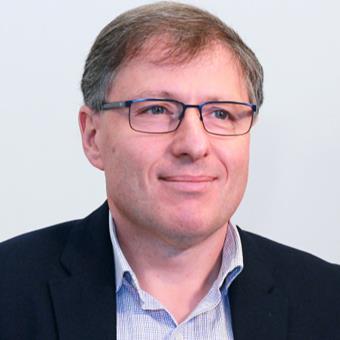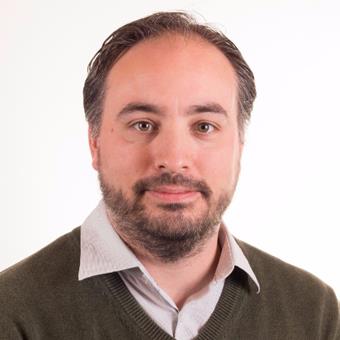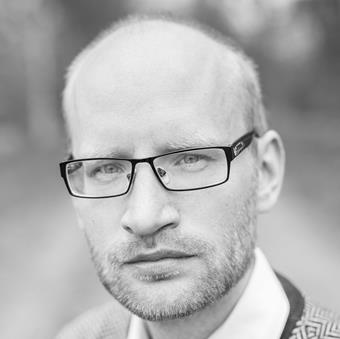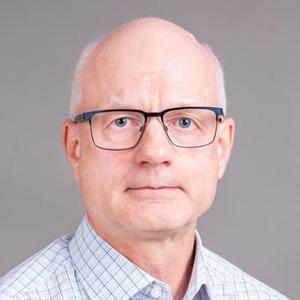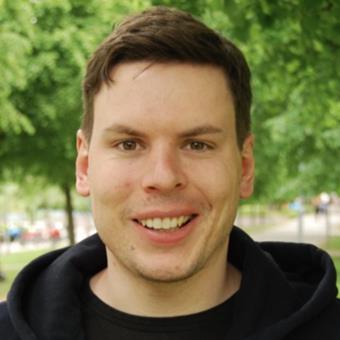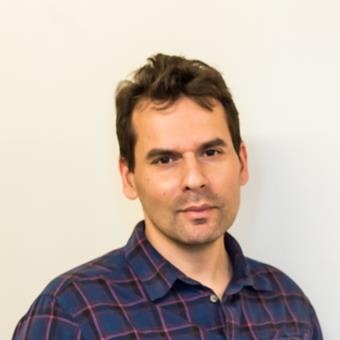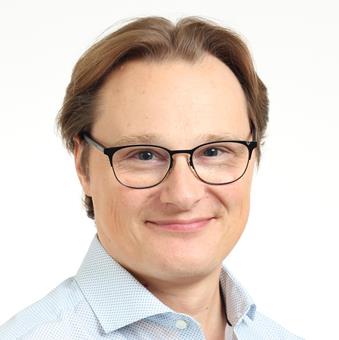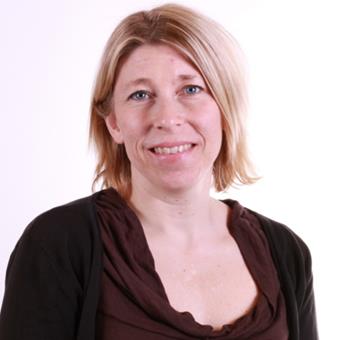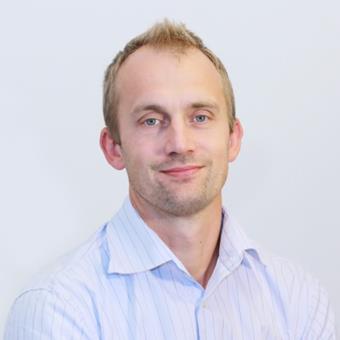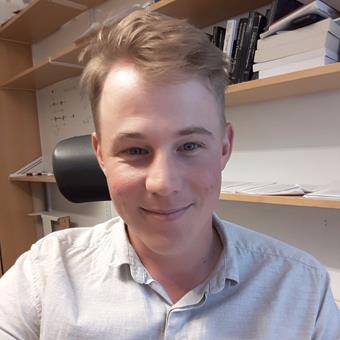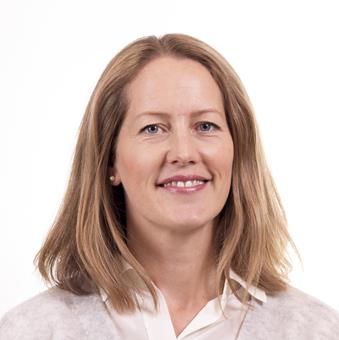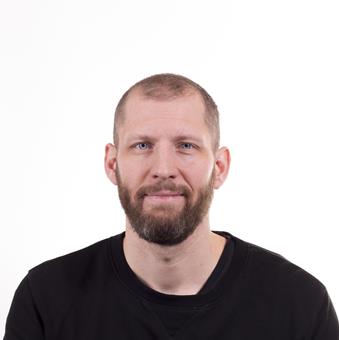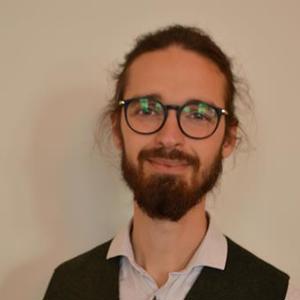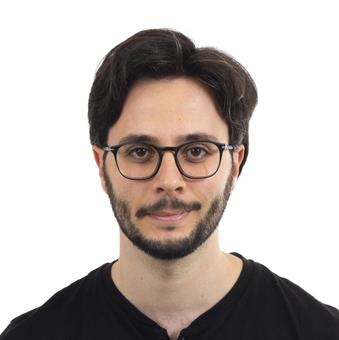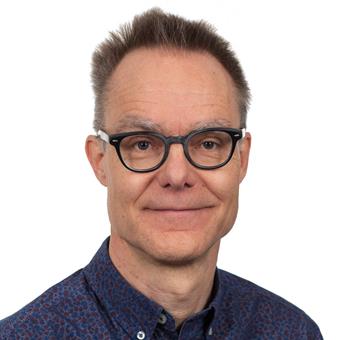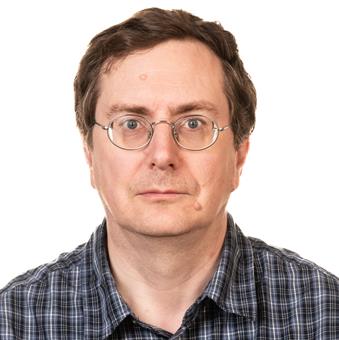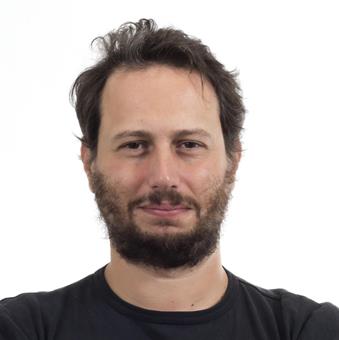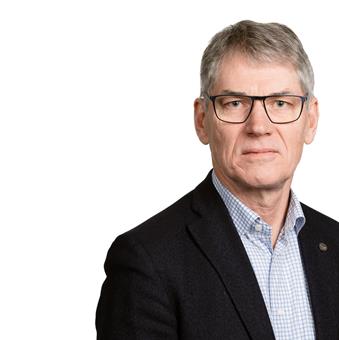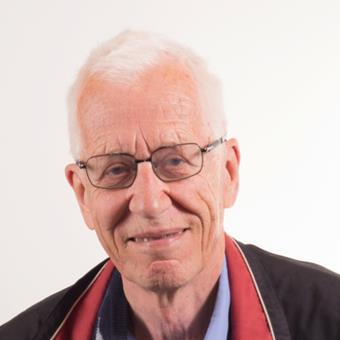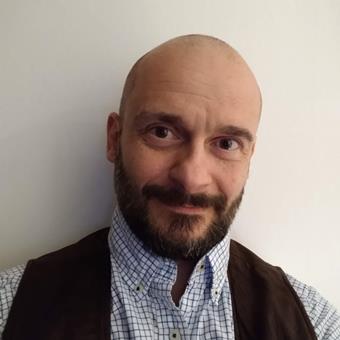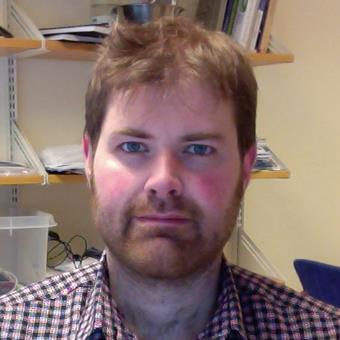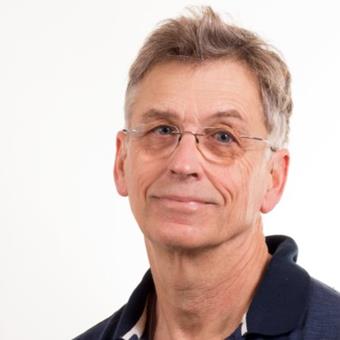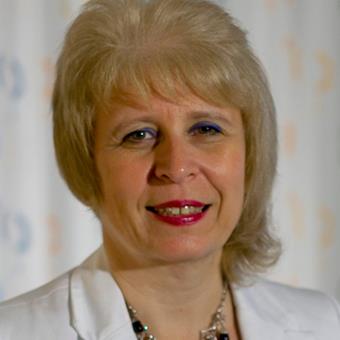Though the disciplines at Theory and Modelling represent broad scientific fields they all rely on a common core of mathematical modelling, numerical methods, and computer simulations. The computational problems usually deal with complex systems that require a wide range of scientific knowledge: problem formulation, mathematical modelling, numerical analysis, programming for parallel execution, hardware solutions, tools for analysis and visualization etc.
The need for research and education in the broad field of theory and modelling is evidently great. The reason is the profound and rapid development of computers, efficient algorithms, software, and immense databases that we experience today. It offers new and rich opportunities to solve many important problems in realistic ways.
Replaces expensive and time consuming experiments
In our work, we use mathematical modelling, numerical methods and simulations. This may supplement and even replace expensive and/or time consuming experiments and product developments with realistic simulations based on mathematical models, rapid access to large databases. It can even substitute inaccessible experiments as in geophysics and astrophysics and offer opportunities to solve many important problems in realistic ways.
Strategic collaborations
The Theory and Modelling division has the access to the computational facilities and expertise at the National Supercomputer Centre (NSC). In particular, this division and the NSC are actively involved in Swedish e-Science Research Centre (SeRC). We are actively participating in the Interdisciplinary Materials Science Laboratory for Advanced Functional Materials (AFM). Both, SeRC and AFM are supported by the Swedish Government. We are involved in Linnaeus Strong Research Environment supported by the Swedish Research Council, in Strategic Research Centres “Multifilms”, “Center of Organic Electronics (COE)”, and FUNCASE supported by the Swedish Foundation for Strategic Research. We are part of FORMAS Strong Research Environment “Centre of Excellence for Farm Animal Welfare Research”. We coordinate the project “Strong Field Physics and New States of Matter” supported by Knut and Alice Wallenbergs Foundation.
We carry out our research activity in close contact with experimental groups and educational programmes in engineering and science.
PhD studies in Theory and Modelling
Doctoral studies in Theory and Modeling in Science has a broad scientific profile and share a common core of mathematical modeling, numerical methods and computer simulation. The research can be mainly divided into four main parts, namely, modeling, methodology development, simulation and analysis.Read more about the PhD studies in Theory and Modelling in Science.



